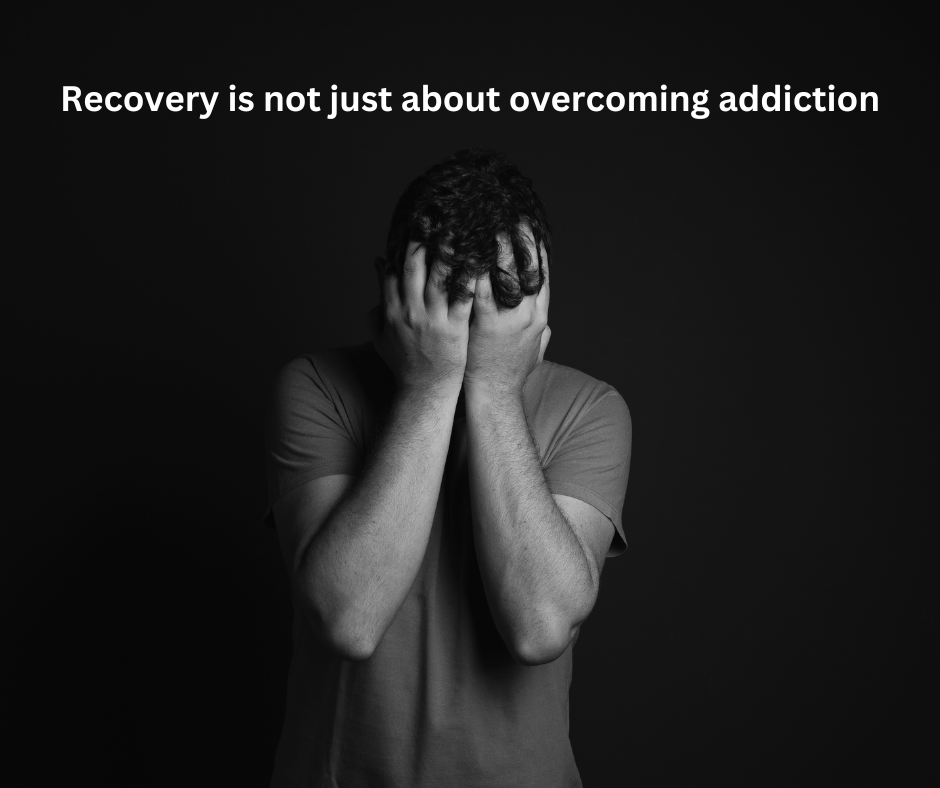
Navigating the turbulent waters of addiction recovery is a journey fraught with challenges, setbacks, and moments of profound growth. The process of breaking free from addiction is complex and multifaceted, requiring a combination of personal determination, professional support, and a robust network of family and friends. Understanding the key components of this journey can provide valuable insights for those seeking to overcome addiction and achieve lasting sobriety.
Acknowledging the Problem
The first step in addiction recovery is often the hardest: acknowledging the existence of a problem. This moment of realization is crucial, as it marks the beginning of the journey towards healing. It involves a deep introspection and an honest assessment of one’s life, recognizing the detrimental impact of substance abuse on health, relationships, and overall well-being. This step requires immense courage and is often accompanied by feelings of fear, guilt, and shame. However, it is also a pivotal moment that opens the door to recovery.
Seeking Professional Help
Once the problem is acknowledged, seeking professional help is essential. Addiction is a complex condition that affects the brain and behavior, and professional treatment is often necessary to address its many facets. Treatment options vary, ranging from outpatient counseling to residential rehabilitation programs. These programs typically include a combination of detoxification, therapy, and support groups. Medical professionals, including doctors, therapists, and counselors, play a critical role in guiding individuals through the recovery process, providing the tools and strategies needed to manage cravings and prevent relapse.
Building a Support Network
A strong support network is a cornerstone of successful addiction recovery. Family members, friends, and support groups provide emotional support, encouragement, and accountability. Support groups, such as Alcoholics Anonymous (AA) or Narcotics Anonymous (NA), offer a safe space for individuals to share their experiences and learn from others who have faced similar challenges. These groups foster a sense of community and belonging, which is crucial in combating the isolation that often accompanies addiction.
Developing Healthy Coping Mechanisms
Recovery involves more than just abstaining from substance use; it requires developing healthy coping mechanisms to deal with stress, anxiety, and other triggers. This can include engaging in physical activities, such as exercise or yoga, which help to improve physical health and reduce stress. Mindfulness practices, such as meditation and deep breathing exercises, can also be effective in managing cravings and maintaining mental clarity. Additionally, hobbies and creative pursuits, like painting, writing, or playing music, can provide positive outlets for emotions and reduce the likelihood of relapse.
Creating a Structured Routine
Establishing a structured routine is another important aspect of recovery. A daily schedule that includes regular activities, such as work, exercise, and leisure time, helps to create a sense of stability and purpose. This structure can prevent the boredom and idle time that often lead to cravings and relapse. It also reinforces a healthy lifestyle and promotes overall well-being.
Embracing Personal Growth
Recovery is not just about overcoming addiction; it is also about personal growth and self-discovery. Many individuals find that the recovery process provides an opportunity to explore their values, goals, and passions. This journey of self-discovery can lead to a more fulfilling and meaningful life, free from the constraints of addiction. It requires a commitment to continuous learning and self-improvement, as well as the willingness to embrace change and take responsibility for one’s actions.
Navigating the turbulent waters of addiction recovery is a challenging but ultimately rewarding journey. It requires acknowledging the problem, seeking professional help, building a support network, developing healthy coping mechanisms, creating a structured routine, and embracing personal growth. With determination, support, and the right strategies, individuals can overcome addiction and build a healthier, more fulfilling life. The path to recovery is not easy, but it is a journey worth taking.